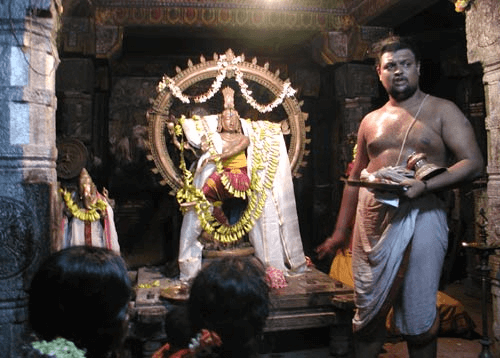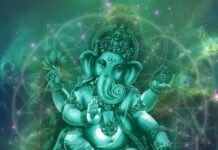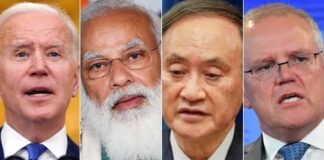Having more non-Brahmin priests in our temples will democratise Vedic knowledge and help bridge caste divide
By S.Neyalasinger
For centuries now priesthood and performing poojas at Hindu shrines have been the exclusive privilege of Brahmins. It is only in the last couple of years or so temple authorities in a few states have been talking about training priests or archakas who are non-Brahmins. Last year Cochin Devaswom Board, an authority that administers temples in Kerala announced that it would recruit and appoint 54 non-Brahmin priests out of which seven would be from scheduled castes and scheduled tribes. The Board created a competitive test to assess the candidates for their knowledge of temple rituals and the various types of Poojas performed.
Tamil Nadu, issued an order to allow non-Brahmins to become temple priests as early as in 1970 when Karunanidhi was the state’s chief minister. His intention was to `remove the thorn from the heart’ of Periyar, the Dravidian leader who wanted non-Brahmins to occupy the sanctum sanctorum of temples which had been exclusive to Brahmins for centuries. But this order was challenged in the courts and in 1972, Supreme court struck it down. But Karunanidhi was unfazed.
When he resumed power in 2006, he introduced the same order once again. This too was challenged. But the court verdict this time went in favour of the Tamil Nadu government. In December 2015 Supreme court ruled that non-Brahmins can become temple priests, but appointments have to be made according to Agamas or the rules that govern worship in temples while ensuring that fundamental right to equality is not breached.
After this, Tamil Nadu started a programme to train priests and enrolled 206 men to become priests. Since then the state has had to function non-Brahmin priests or archakas.
Gujarat also has a temple where a Dalit is a priest and his family has maintained the temple for two centuries.
These are just three instances and two of them taken by state administrations. In most other states temple worship continues to be the privilege of Brahmins. That brings us to the question. Should states be getting into training priests at all or should they just leave it to the communities?
Today Hindu temples are mostly controlled by states and if states take some initiative in getting non-Brahmins to become priests it should help plug caste divisions to an extent.
Many orthodox Brahmins argue that non-Brahmins do not have the `samskara’ to become priests and for centuries the Vedic rituals and the methods of doing pooja have been passed on to them by their ancestors. But some of the more liberal brahmins are of the view that non-Brahmins too can attain `samskara’ by their Karma.
In a society where the profession of a Brahmin was exclusively to seek knowledge, worship at our temples, carry out various rituals, having only Brahmins as priests made sense.
They would carry out various rituals for other communities in addition to worshipping on their behalf at temples. But in today’s world, we are not following Varnashrama. We can easily run into a Kshatriya or even a Dalit scholar, a Brahmin businessman or a Vaishya soldier. Our castes are just for namesake. That being the scenario, anyone should be able to take up any profession and priesthood is no exception. Caste has been a concept that has divided and hurt the cause of Hinduism. We need to do everything we can to unite Hindus and I believe that allowing non-Brahmins to learn our scriptures and worship rituals to become priests has the potential to become a unifier.








